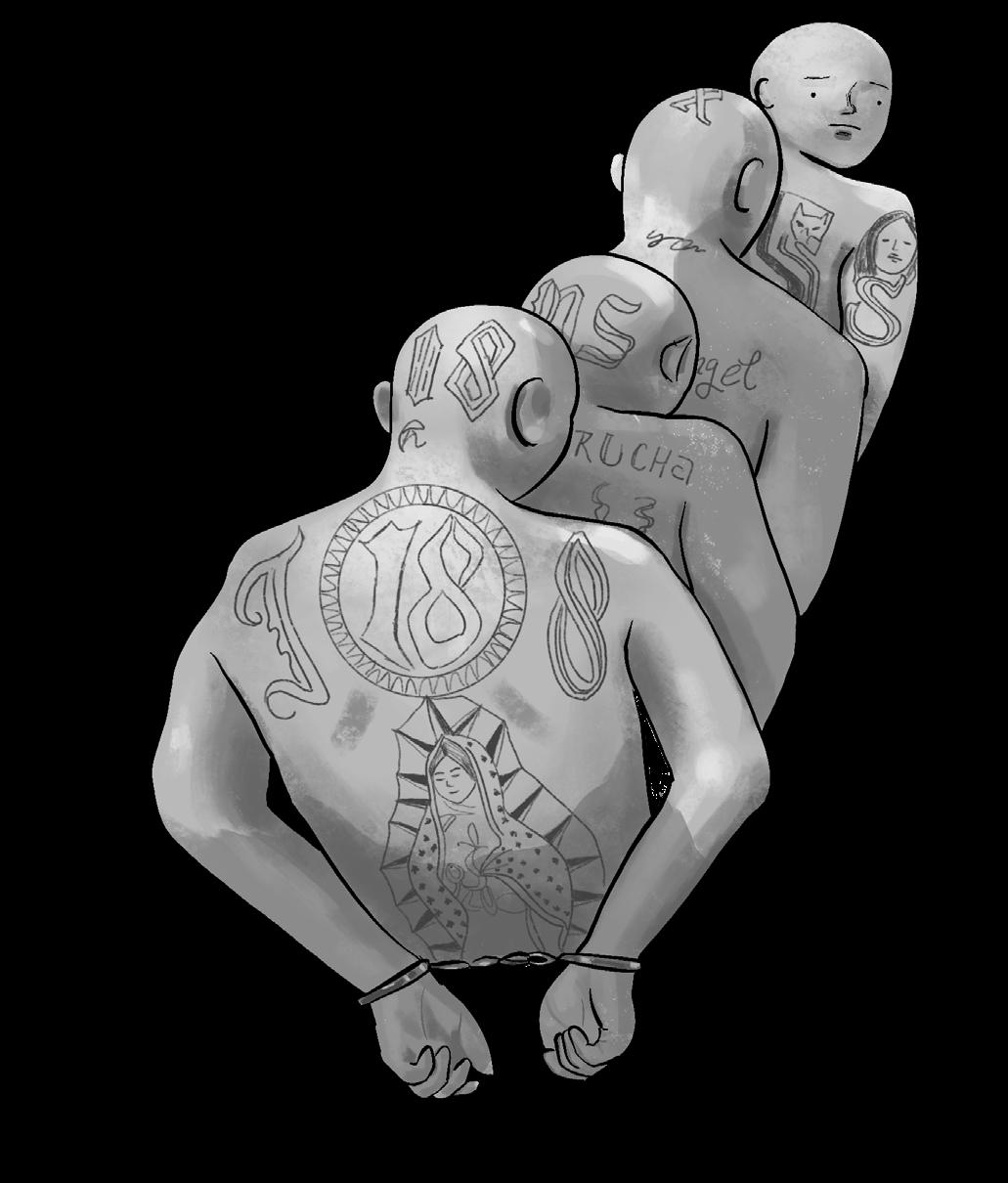
4 minute read
Politics pervade the College Board
With the contentious addition of AP African American Studies to its arsenal, the College Board is now facing accusations of being unfit to be a staple of high school education. While the course was initially promising, the College Board has since bowed to politics and changed the course content, significantly degrading its educational value and the organization’s overall credibility.
The College Board began piloting AP African American Studies in 2022 at 60 U.S. high schools. Through evidence-based units that examine primary sources and historical events, the course explores the experiences and roles of African Americans not covered in standard social studies classes.
Advertisement
“I am always more engaged when I learn about my own culture in school. Due to the Eurocentric perspective of typical history classes, marginalized voices are silenced, perpetuating stereotypes about these groups,”
Sophomore Abrakae Assefa said.
However, AP African American Studies received backlash from conservatives such as Florida Gov. Ron DeSantis, who banned the course in Florida schools due to concerns regarding course topics including the Black Lives Matter movement, Black feminism and critical race theory, as per CNN. Following DeSantis’s statement, the College Board revised the course curriculum. The work of scholar Kimberlé Crenshaw, who helped develop critical race theory, was removed, as well as material on Black feminism and queer studies.
As Tiffany Barber, assistant professor of African Studies at UCLA, told the Los Angeles Times, these exclusions hinder the course from representing the entire scope of African American studies. Many conservatives believe that critical race theory divides racial groups by categorizing all white individuals as oppressors and all people of color as oppressed. However, critical race theory is an integral part of U.S. history—the Black American experience cannot be completely understood without addressing the systemic racism that has existed in the U.S. since its founding. The College Board’s original vision for AP classes was to promote academic freedom and excellence, as described by The Chronicle of Higher Education.
Yet, bending to political beliefs and omitting critical content from AP African American Studies represents quite the opposite. This is not the first time that the College Board has swayed to politics; in 2015, the organization altered the framework for its AP United States History class after the state of Oklahoma attempted to ban the course when the Republican
“Age of Vice”
Staff Writer
National Committee accused the College Board of exhibiting radical views contradicts their purpose.
“AP classes have allowed me to learn more about the world and gain skills that can be used in different aspects of my life. However, I was surprised to hear that the College Board is heavily influenced by politics—the purpose of higher education is to inform students to make their own political decisions,”
Nele said. Had AP African American Studies represented the full scope of African American history, it would have been a progressive step for the College Board. Yet a topic as inherently tied to politics as race may not be best to teach in the format of an AP class associated with an organization that easily sways to politics; rather, focusing on people of color in core history classes not affiliated with the College Board could be more conducive. The College Board’s deteriorating validity is concerning, especially considering that the organization influences over 6000 educational institutions worldwide. As for AP African American studies in particular, the College Board must prioritize accurate education over appeasing politicians— only by recognizing racial inequality in American society can education about American history be effective in paving the way for a better future.
Antara
Gangwal
Staff Writer shift a website’s suggested content feed from harmless to dangerous. While most online content does not promote violence, some can spread extremism and encourage terrorism. In 2015, American national Nohemi Gonzalez was killed in a terror attack in Paris by agents of the Islamic State group (IS), better known as ISIS. Now, in the Gonzalez v. Google Supreme Court case, her family claims that YouTube’s algorithm helped spread IS content, directly leading to the terrorist attack. suggests content based on what the user is interested in— for example, suggesting videos from the same genre as the user’s liked videos. While this system increases engagement, it can also repeatedly suggest harmful content, per the Counter Extremism Project. Gonzalez’s family claims that YouTube, which is owned by Google, frequently promoted terrorist content to users based on prior interest in similar subjects. show related content to what users have previously seen, websites like YouTube can easily radicalize people. These algorithms likely helped IS recruit more members,” Junior Grace Leonard said. content on independent websites nearly impossible to find.
Five people lay dead on Delhi’s Inner Ring Road, murdered by a speeding Mercedes in the frigid winter. So begins “Age of Vice,” with the prologue instantly setting the novel’s tone—one doused in opulence. In this debut thriller, Deepti Kapoor attempts to chronicle the intricate entanglements of the main characters and the vices that burden them, yet the novel itself is burdened by stylistic choices that inhibit its potential.

“Age of Vice” opens with the story of Ajay, a boy born in poverty in the state of Uttar Pradesh, India. After his father is killed and his mother sells him to work for a wealthy family, Ajay climbs the ranks of society and secures a job working as the personal servant of Sunny Wadia—the son of the infamous and affluent Bunty Wadia. Soon, Ajay is enmeshed in the grand monopoly that the Wadias hold. Yet, the family’s grandeur conceals a web of corruption, one that ties together countless other characters.
“Even though terrorists must be stopped from spreading content to a worldview directly tailored by corporations and dangerously jeopardize the internet’s character of free expression.



The scope of the novel is immense, and new characters and subplots are frequently introduced. So many events are packed in under 600 pages that they all blur into one another, failing to produce a compelling storyline. The muddled plot is exacerbated by Kapoor’s choppy writing style—sentences attempting to have depth instead seem abrupt. Conversely, irrelevant subplots are often described in exalting detail, detracting from significant plot points. The character development is so lacking that I could not bring myself to care for any of the characters’ ambitions or feelings throughout the novel.
What is truly disappointing is that beneath the muddled surface of “Age of Vice” lies the tendrils of a powerful story. The atmospheric setting of Delhi, the stark differences between the elite and the working class in Indian society, the exploration of the irrevocable consequences of the characters’ choices and the pervasive grip of westernization—Kapoor attempts to address all of these themes, but her sloppy execution leaves “Age of Vice” falling short of its promising potential.
By the time I turned the novel’s final page, I was left both utterly confused and thankful that it was over. “Age of Vice” could have been as glittering gold as its cover is deeply dark, but it is unfortunately encumbered by many shortcomings. “Age of Vice” (2/5)
Daniel Lin











